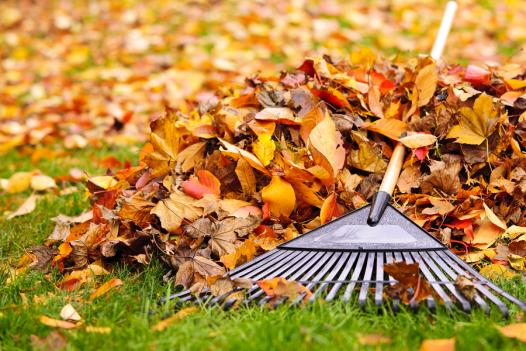Making New Friends After a Move

Relocating to a new city, or even a new area, can be hard enough without missing your old friends. Finding new friends and acquaintances can be easy if you put some effort and a little research in it.
Your New Neighbors
-
1. Once you're settled, go for a walk and introduce yourself when you see neighbors outside. Have a porch or front yard gathering on a weekend afternoon. Offer light, simple snacks and invite the whole neighborhood.
-
2. Get outside and work on the landscaping, small DIY projects, or sit on the front steps with a good book. Your neighbors then have the opportunity to say hello.
-
3. Just a few outdoor decorations can bring compliments from neighbors, always an easy way to start a conversation.
-
4. If you have pets, especially a dog, they make great ice-breakers when you're out for a stroll.
-
5. Visit your local small businesses and you'll see enough familiar faces over time that saying “Hello” will be easy.
-
6. Ask your realtor if there's a neighborhood community center, and call to see how you can get involved.
-
7. Children make great conversation-starters. They love finding nearby kids to hang out with, and taking them for a bike ride is a great way to get to know other families.
-
8. Host a fun, child-centered activity in your front yard with outdoor games and snacks. Invite the kids in the neighborhood and their parents, and they will come!
Your New Town
-
1. Ask current friends if they know anyone in your new area, and get in touch with them.
-
2. Contacts from local organizations--these can provide you with lots of information about your new hometown, as well as introduce you to new people.
-
3. Search social media for events taking place in your area and go to them!
-
4. Invite your new coworkers to lunch or coffee.
-
5. Getting the kids involved in activities will connect you with locals and other parents.
-
6. Hobbyists sometimes have get-togethers for like-minded people. Find a nearby group with your same interest, and join them.
-
7. School parent organizations are a great place to meet other parents.
It seems that we are always busy working, or driving our children to so many activities, that a relaxing weekend in front of the tv sounds like the perfect down time. Getting to know who your neighbors are, however, can be invaluable to feeling at home in your new home, and only takes a little effort on your part.
Courtesy of New Castle County DE Realtors Tucker Robbins and Carol Arnott Robbins.
Photo credit: http://www.interconnectedlives.com/



.jpg)










